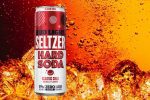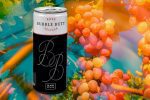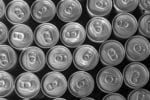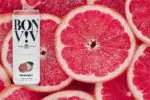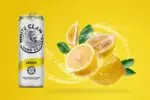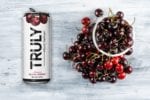The Sustainability of Hard Seltzer
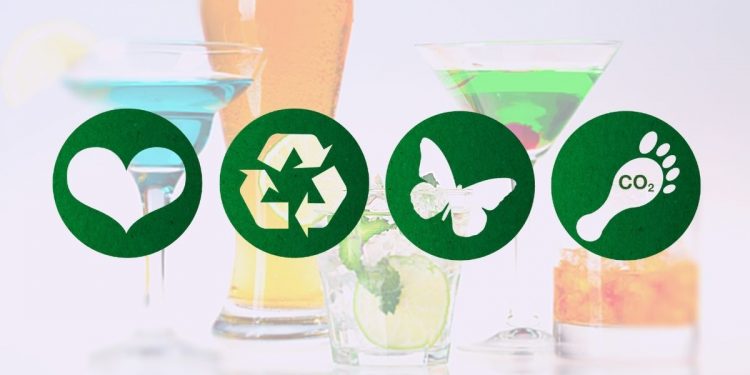
Is Hard Seltzer Sustainable?
Unless you live on the international space station, you’re a resident of Earth, just like us at Seltzer Nation. And, like us, you more than likely care about this big green and blue terrestrial ball we all live on. We are not alone in this. A recent study showed that one third of consumers are willing to pay more for environmentally sustainable products in the United States. That number rises to over forty percent for Millennial consumers. It’s not a stretch to say that sustainability matters to hard seltzer consumers as well. So, the question remains, is hard seltzer sustainable? If you want to protect your Earth and drink your hard seltzer too, we’re right there with you.
But… is that even possible?
We believe that it is possible, but we’ll get to that a little later.
The Sustainability of Hard Seltzer
One thing that Hard Seltzer can boast over many other alcohol industries is that it’s primarily packaged in aluminum cans. According to the Aluminum Association, “Aluminum is infinitely recyclable and nearly 75% of all aluminum ever produced is still in use today.”
Glass is another material that’s 100% recyclable without loss of quality, but two thirds of US consumer glass ends up in landfills. Let’s not even get started on plastics. So, if you’re drinking from a can, you’re already working toward change.
Aside from the aluminum packaging, it’s hard to argue that the alcohol industry is good for the environment. Just producing the base ingredients (including corn, sugar, and water) takes a toll on the earth. We are not going to attempt to debate the environmental analysts on the toll of the alcohol industry.
That said, we have seen an increasing trend of hard seltzer producers making environmental commitments. For example, one company is pledging a hundred-million dollars to offsetting CO2 emissions while others have already reached carbon neutrality. The demand for delicious alcoholic drinks isn’t going to dry up overnight. And yet, we believe in supporting companies who are in turn supporting the earth.
Hard Seltzer Companies Making Changes
Unfortunately, our power as hard seltzer consumers has a limited effect on protecting the environment. At the end of the day, it’s up to the alcohol producers to make the necessary changes, though that doesn’t mean that the rest of us can drop the terrestrial ball.
That’s why it’s so heartening to learn about how Coors Seltzer promised to restore one billion gallons of river water. It’s even more encouraging to hear that they followed through on that promise. Sadly, Molson Coors discontinued Coors Seltzer in the hotly competitive US market, but their efforts continue in Canada where they’ve committed to restore 6.5 billion litres of water (approx. 1.7 billion gallons) by the end of 2022. While those of us in the US are mostly out of luck in supporting their efforts through our patronage, Molson Coors, produces Vizzy Hard Seltzer which is widely available in the USA and also ranked #8 in the US Seltzer market in 2021.
Check out Seltzer Nation’s Vizzy Hard Seltzer flavor reviews.
Not to be outdone, Anheuser-Busch has dedicated over one hundred million dollars to making their facilities more sustainable, and they celebrated one of their major goals of using 100% renewable energy for production of their domestic seltzer brands within months of making this investment.
Check out Seltzer Nation’s flavor reviews of Anheuser-Busch’s Bon Viv.
Check out Seltzer Nation’s flavor reviews of Bud Light Seltzer.
These are just two of the most notable environmental commitments, but there are smaller producers who have reached carbon neutrality; one example is Swiss Sundays Hard Seltzer who is working with the organization ClimatePartner to offset CO2 emissions, and, closer to home, Milwaukee’s Tierra Buena Hard Seltzer has committed that they mitigate their emissions with reforestation projects in Latin America. These companies may be small players in the world of hard seltzer, but they’re leading the way to a greener future.

